Do you remember the first time you noticed your wheels had lost their original sparkle, tarnished by brake dust and grime? As a former engineer, I certainly do, and it led me to discover the remarkable efficacy of acid-based wheel cleaners. But here’s the twist: not all cleaners are created equal. Could choosing the wrong acid-based cleaner actually harm your wheels? In the world of maintenance and preservation, the devil is often in the details. Throughout my career, I’ve learned just how critical the right choices are in maintaining vehicle performance and aesthetics. This article is your comprehensive guide to understanding these powerful cleaning agents, exploring the different types of acid-based wheel cleaners, and revealing the situations where they shine—or stumble. Join me as we dive deep into the science and strategy behind these potent formulas, equipping you with the knowledge to keep your wheels gleaming, safely and effectively.
Why Use Acid-Based Wheel Cleaners?
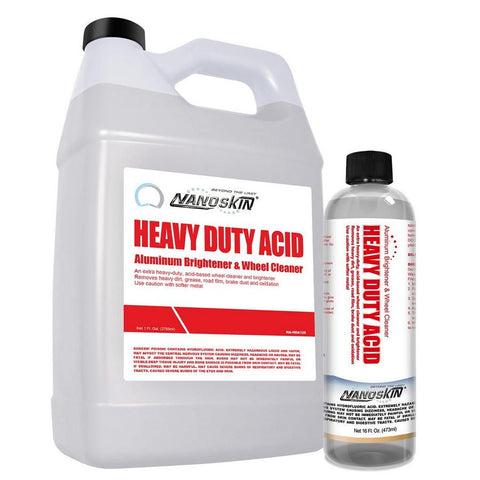
In my journey through the world of automotive design, I’ve seen first-hand the transformative power of the right cleaning agents on car components. Wheels, often subjected to harsh road conditions, demand more than a quick rinse to reveal their true beauty. Is using an acid-based cleaner really better than a non-acid alternative? This question swirls in the minds of many who want to maintain their car wheels in pristine condition.
The answer lies in the unique properties of acids that I have come to respect through my work with automotive materials. Acid-based cleaners excel at targeting the specific types of grime and corrosion that non-acid alternatives often leave behind. The molecular structure of these acids allows them to penetrate and break down stubborn build-up, such as brake dust and rust, in ways other cleaners can’t match. Seeing these cleaners in action confirmed my belief that sometimes, precision in chemistry is as crucial as precision in engineering.
What truly sets acid-based products apart is their ability to rejuvenate wheels, restoring their original luster without the need for abrasive scrubbing. This effective removal of contaminants not only extends the life of the wheels but also enhances the overall aesthetic of the vehicle. As we delve deeper into this ultimate guide, you’ll discover the varying types of acid-based wheel cleaners and when best to employ them, ensuring your wheels receive the care they deserve.
What Types of Acid-Based Wheel Cleaners Exist?
Hydrofluoric Acid-Based Cleaners
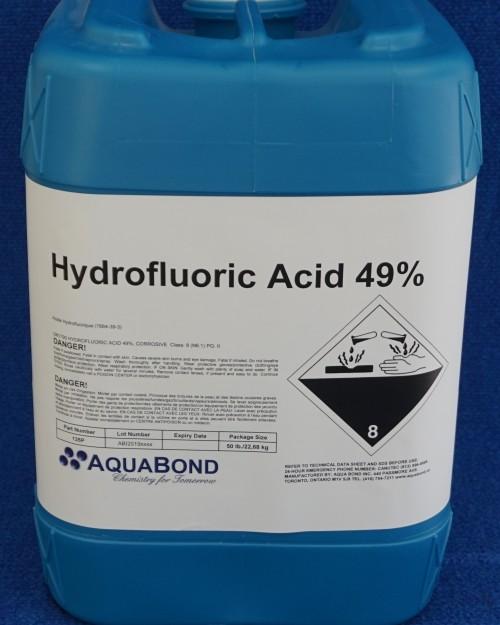
Why is hydrofluoric acid notorious in the automotive cleaning world? Drawing on my engineering background, I can confidently state that hydrofluoric acid-based cleaners are incredibly effective yet demand a cautious approach. These cleaners are popular for their ability to meticulously clean aluminum wheels, a task they perform with unparalleled precision. Hydrofluoric acid, despite its potency, carries significant risks, making it *a double-edged sword* in wheel maintenance.
Its relevance lies in its capacity to swiftly remove grime and brake dust, restoring wheels to their original shine. However, the serious hazards associated with hydrofluoric acid safety cannot be overstated. Improper handling can lead to severe health implications, underscoring the need for **expertise** and **care**. When dealing with such cleaners, always exercise meticulous caution, ensuring you employ protective gear and adhere to the manufacturer’s guidelines.
Recognizing these dangers yet appreciating its unmatched effectiveness roots hydrofluoric acid firmly in the landscape of acid-based wheel cleaners. As we explore other acidic alternatives, like citric acid-based cleaners, understanding the complexities of hydrofluoric acid prepares us for more informed decisions across diverse cleaning scenarios.
Citric Acid-Based Cleaners
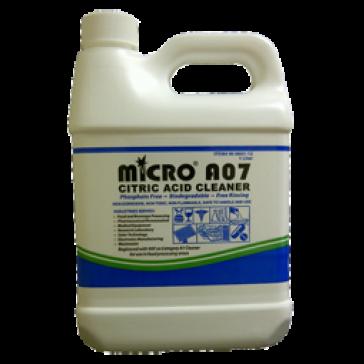
In exploring the realm of wheel care, many often wonder, Can a natural acid like citric acid really compete with stronger chemical cleaners? From my firsthand experience with a variety of cleaning solutions, I can confidently say this: citric acid-based cleaners are a compelling choice for those seeking a balance between effectiveness and gentleness. Derived from citrus fruits, citric acid offers a surprisingly strong cleaning action while being inherently less harsh than many of its synthetic counterparts.
I’ve noticed that these cleaners excel in removing dirt and brake dust without risking the damage to wheel finishes that stronger acids might cause. For regular maintenance, they can be incredibly effective, offering ease-of-use and an environmentally friendly profile. One of my top wheel care tips is to integrate a citric acid wheel cleaner into your routine for those who prioritize both safety and a sustainable approach over potent yet potentially damaging options.
When to Use Acid-Based Wheel Cleaners?
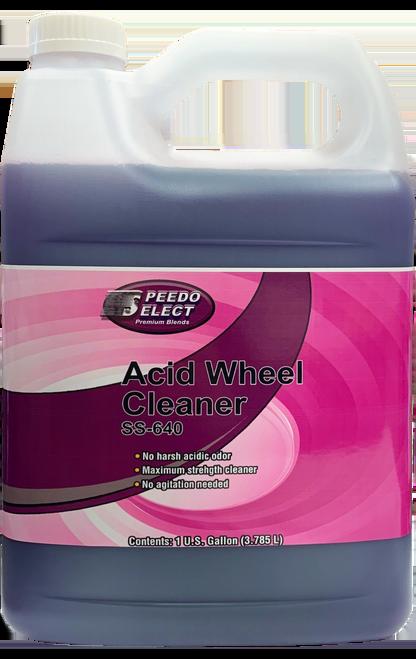
As an engineer, I’ve come to understand that timing is everything, especially when it comes to maintenance and restoration. The question that often arises is: Are acid-based cleaners necessary for regular wheel cleaning, or just for restoration?? This is crucial not only for preserving the integrity of your wheels but also for the efficiency of your cleaning regimen. Through trial, error, and hands-on experience, I’ve discovered that the strategic use of acid-based cleaners can indeed save both time and resources.
Regular wheel maintenance typically doesn’t demand the potent strength of acid-based cleaners. For everyday care, non-acidic solutions generally suffice, protecting the wheel’s finish while keeping your ride looking sharp. However, there are times when these powerful cleaners become indispensable. If your wheels are encrusted with stubborn brake dust, tar, or deeply ingrained grime that regular fixes just can’t dislodge, it’s time to reach for the heavy-duty options—or what I like to call the “big guns.”
From my perspective, using acid-based cleaners isn’t about a weekly ritual; it’s a tactical decision. When you’ve exhausted all other options and seek to restore your wheels to their original glory, that’s when these products earn their keep. Recognizing this balance is key, ensuring you maintain not only the appearance but also the longevity of your prized wheels.
How to Safely Use Acid-Based Wheel Cleaners?
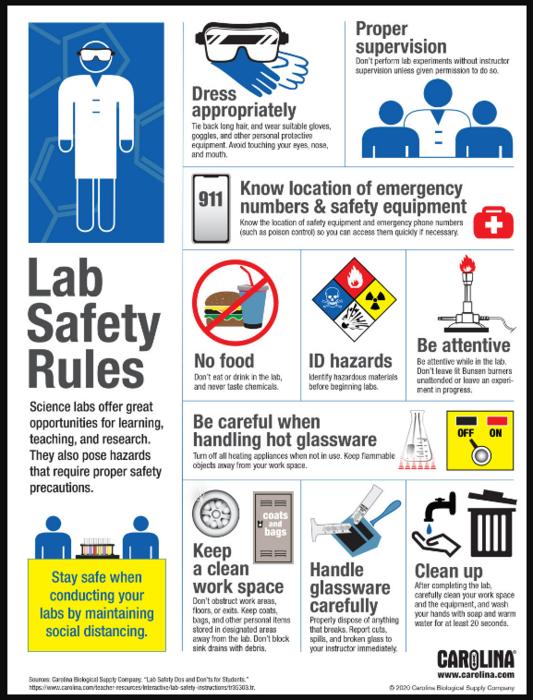
As someone who’s spent years in the trenches of automotive maintenance, I can attest that acid-based wheel cleaners are both powerful allies and formidable adversaries. They work wonders on stubborn grime, but wielding such power demands respect and caution. What safety precautions should every car owner know before tackling wheel cleaning with acids?? This question isn’t just academic; it’s the difference between a successful clean and a day at the emergency room.
Firstly, I emphasize the use of appropriate safety gear. In my experience, even a fleeting lapse in protection can have painful consequences. Invest in a quality pair of chemical-resistant gloves, and for your eyes, sturdy goggles are non-negotiable. An acid splash here is not just a discomfort—it’s a hazard that might escalate quickly.
Another critical consideration comes from the lessons I’ve learned firsthand: ventilation is your friend. These cleaners can release potent fumes, and using them in enclosed spaces can turn routine maintenance into a respiratory nightmare. Always work outdoors or in well-ventilated garages to keep the air—and your lungs—clear of harmful vapors.
Finally, heed the importance of the right application technique. Personally, I recommend a systematic approach: focus on a section at a time, using moderate amounts of the cleaner. This prevents the acid from lingering too long, potentially damaging the wheel finish. Consistent agitation with a brush and a thorough rinse ensure no residue is left to corrode.
My years of handling hazardous materials have taught me that preparedness safeguards not just our wheels but our wellbeing. Harness this knowledge wisely as you continue exploring the complete guide to acid-based wheel cleaning.
FAQs
What is acid-based wheel cleaning?
Is acid-based wheel cleaning safe for all types of wheels?
How do you apply acid-based wheel cleaners?
What precautions should be taken when using acid-based wheel cleaners?
Can acid-based wheel cleaning improve the longevity of wheels?
Conclusion
Is it time to rethink your wheel cleaning strategy based on what you’ve learned? As an automotive engineer and writer, I’ve seen firsthand how the right wheel cleaning choices can extend the life of your wheels. In this guide, we’ve delved into the transformative power and mechanisms of acid-based wheel cleaners. We’ve explored why they are such effective cleaning agents and the different types, from potent hydrofluoric options to the milder, more environmentally friendly citric acid solutions.
Understanding when and how to use these products efficiently is paramount. Mistakes can be costly, both to your health and your wheels. That’s why safety is not just a recommendation—it’s a necessity. By arming yourself with this knowledge, you are equipped to make informed, strategic decisions that safeguard both your vehicle’s performance and your personal well-being.
Embrace this knowledge, apply it thoughtfully, and you’ll witness the lasting impact of well-cared-for wheels on your driving experience.